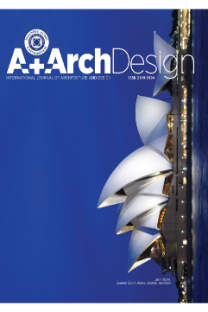Development Opportunities in Egyptian Less-Inhabited Cities; Qaha as a Case Study
In the last three decades, Egyptian cities have witnessed fast growth in population, which contributed to the continuous expansion and transformation in the urban fabric of both, metropolitan areas and less inhabited cities. Fueled by internal migration, the growth is significantly higher in the former as people often seek job opportunities in destination cities which is better than the ones available in their hometown. This process has led to the creation of formal and informal settlements on the outskirts of metropolitan destination cities and came with a higher price in departure areas, where either large area of prime agricultural lands has been lost, or the urban fabric status has deteriorated.
Cities transformed by emigration do not naturally need to be in deteriorating conditions, however the emigration process itself is indeed a development constraint to Departure cities. Even if the departure of some population groups is a core feature of the departure area, its development should not be reduced to abandoned structures, absence of the urban life and deterioration. Departure cities’ rhythm and public spaces are similarly influenced by awaiting the gradual return of emigrants and related urban arrangements, as well as the possible consequences that might occur.
This paper deepens on the urban and territorial regeneration opportunities in Egyptian less-inhabited cities to grow into new urban centers ending the efflux phenomenon and attracting people away from chocked metropolitan cities. To reflect on such opportunities, Qaha will be demonstrated as a case study to analyze both, limitations and probabilities of interventions. Based on the findings, recommendations including the proposal of integral development projects depending on the identified needs of each, the territorial, demographic economics, and social factors in the study area, are made to reverse the negative effects of emigration.
___
- AGORA CAUMME CONFERENCE 2020 - agoracaumme@gmail.com
- ISSN: 2149-5904
- Başlangıç: 2015
- Yayıncı: İstanbul Aydın Üniversitesi
Sayıdaki Diğer Makaleler
High-Rise Towers and Their Relation to Context-Sensitive Design Elements in Architectural Education
Cultivating Culture in the lost Portuguese Village in Mumbai, India
Analyzing Preschool Education Models in Architectural Design
Development Opportunities in Egyptian Less-Inhabited Cities; Qaha as a Case Study
